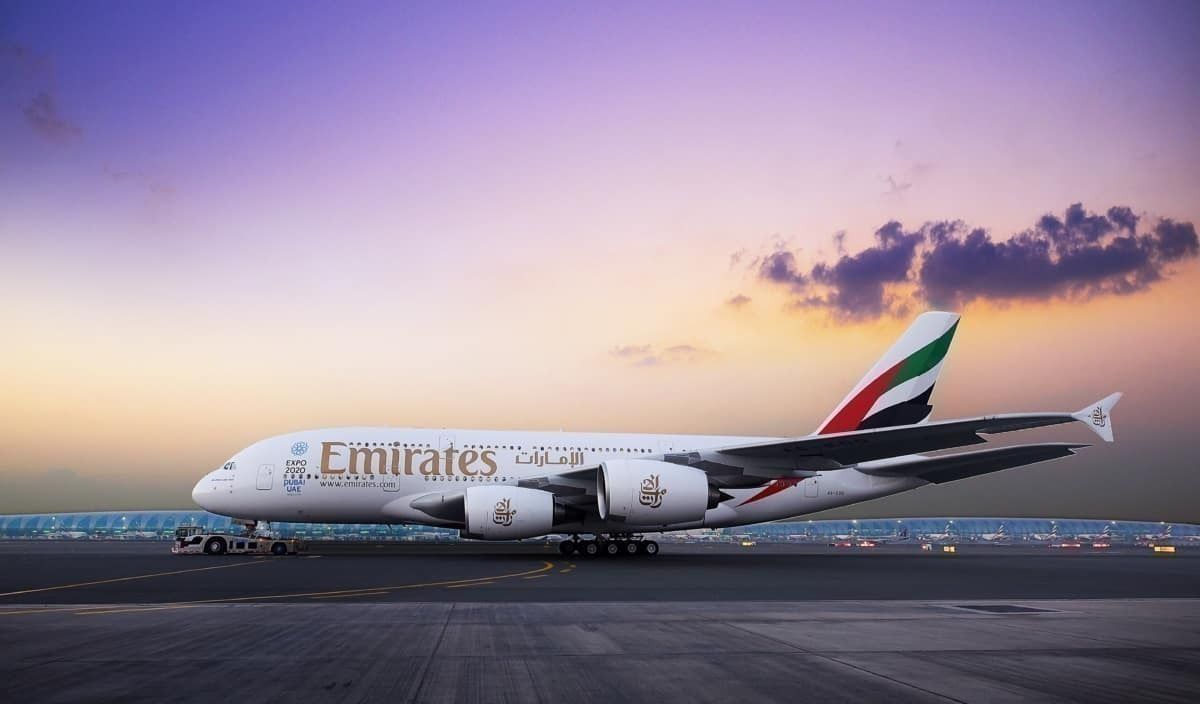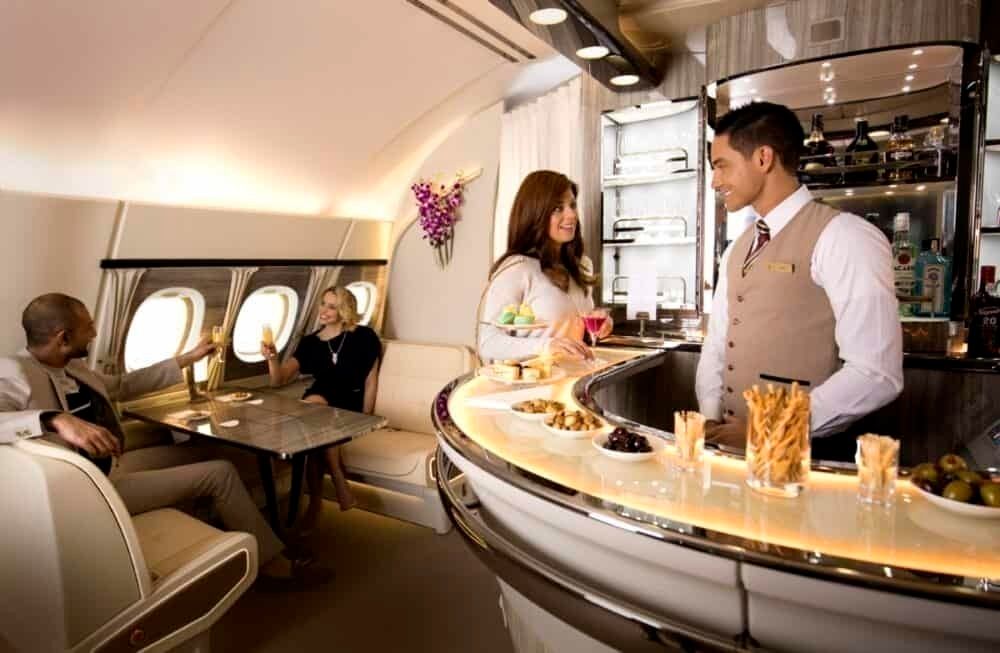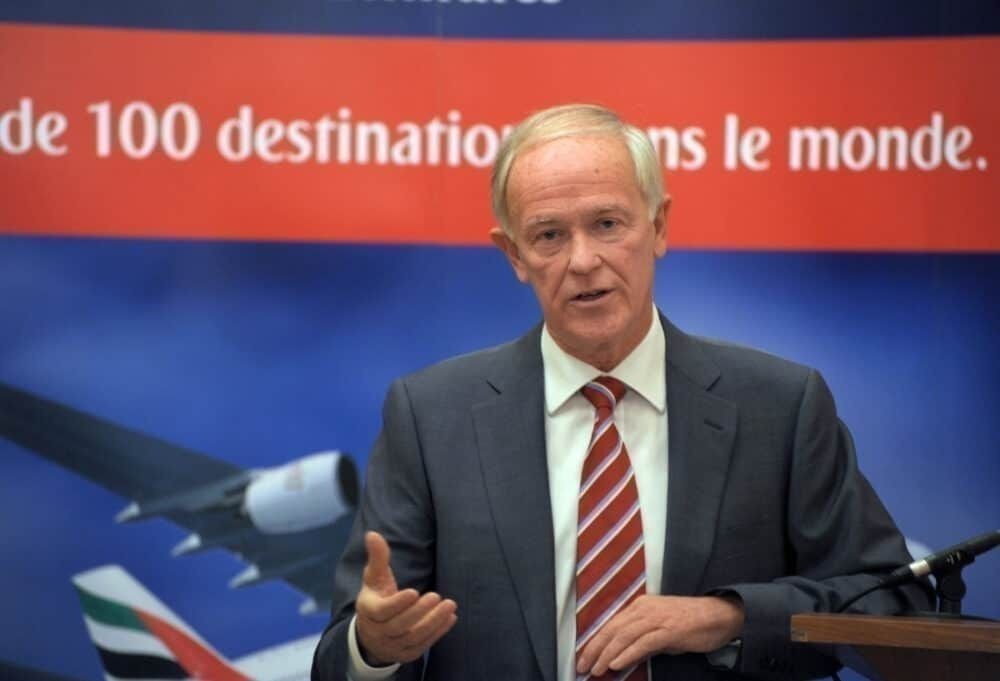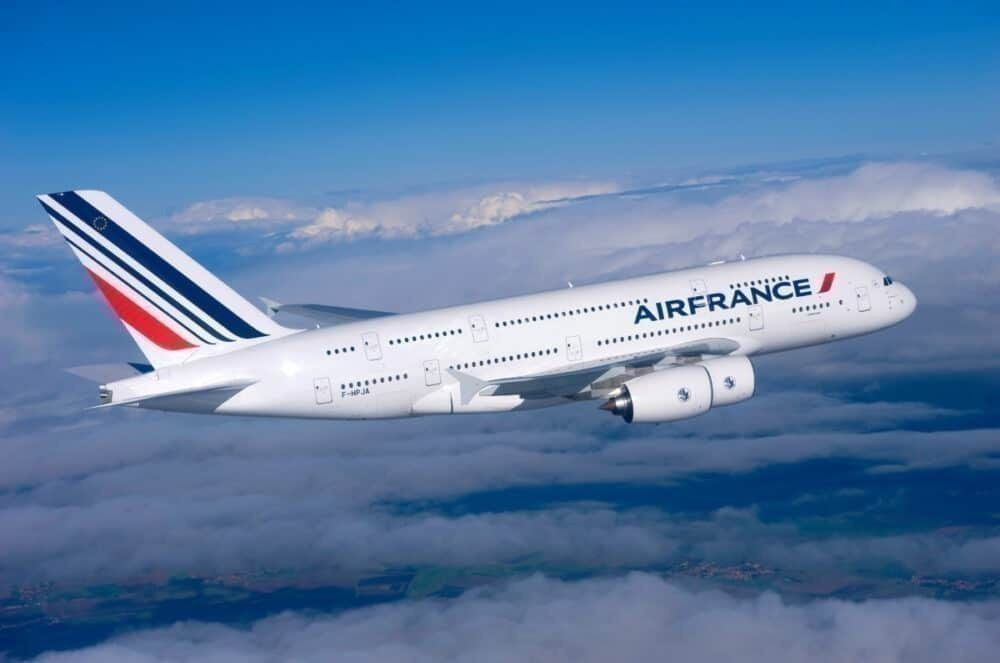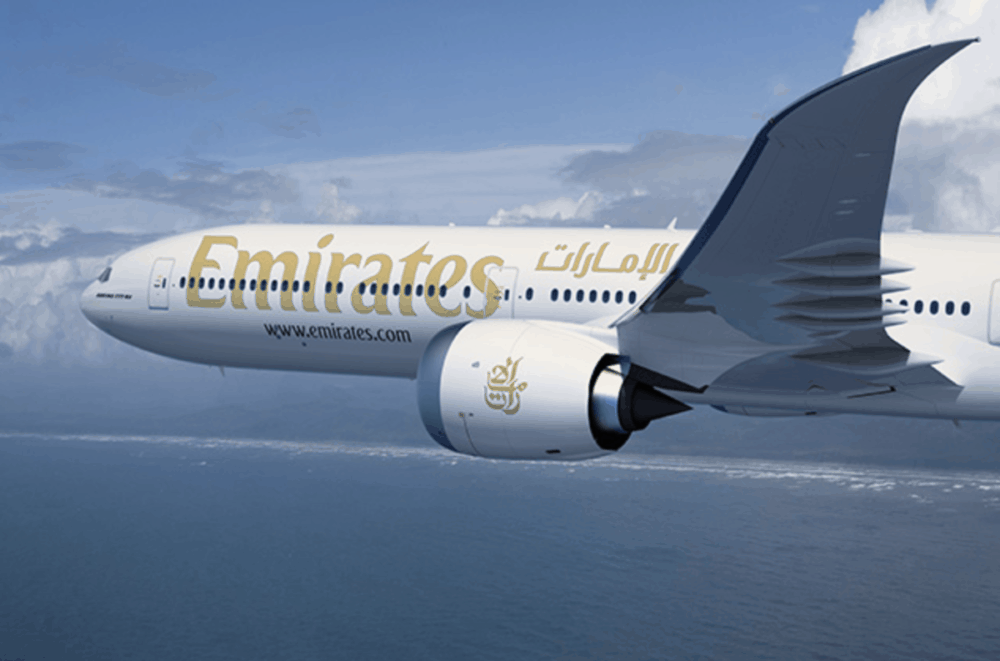Emirates is standing out amongst other airlines for its continued use of the Airbus A380, as President Tim Clark aims to keep them running for another decade. On July 15th, the airline resumed flights with the superjumbo jet – while other carriers have parked entire fleets of A380s due to the global pandemic.As such, the airline has started flying the giant of the skies for the first time since March. Last week, the A380s resumed high-demand services to Paris Charles De Gaulle and London Heathrow. Gradually, Emirates Airlines plans to add more services to the schedule.
Stay informed: Sign up for our daily aviation news digest.
Fans of the A380 can rejoice as it looks like Emirates is holding on tight to its superjumbo jets. According to an interview with Business Insider, Clark believes the jet is a staple of Emirates.
“It defined us, in many respects. We've spent an inordinate amount on product, both in flight and on the ground, and that's really paid off."
The Emirates A380
The A380s are the biggest commercial planes to date, and Simple Flying goes into a detailed history of the aircraft here. For Emirates, this Airbus jet is a huge part of its history, seeing as the airline operates the largest fleet of A380s.
The double-decker usually carries up to 600 passengers split between three cabins. These aircraft are famed for their spacious interiors, which Emirates has capitalized on to offer luxurious first-class services. In fact, Emirates’ first-class cabin on the A380 is equipped with a bar, lounge area, and even a shower.
The state-owned airline has 115 of the aircraft and is waiting on eight more to join the fleet. These will be the last of its kind, however; as Airbus has said it will stop the production of A380 in 2021.
On keeping it running for another decade, Clark explains,
"Hopefully, we'll see them flying for at least another 10 years. Unfortunately, it's not being produced. So there's nothing we can do about it. We'll keep it going as long as we can."
The decline of the giant of the skies
With the COVID-19 pandemic putting a damper on the aviation industry, airlines had to come up with alternative ways to cut costs. The A380s became seen as a more costly option, with many airlines opting for twin-engine planes instead.
Additionally, Qatar sees operating the Airbus A380 in the current climate as “not commercially or environmentally justifiableâ€, News18 reported. The airline believes that it does not make sense environmentally to operate the large aircraft considering the low load factor currently.
In March, Emirates, like all other A380 operators, had to ground its fleet. This led to 113 of its A380s being sent away for storage. Australian airline Qantas has parked all 12 of its A380s in different storage spots worldwide. FlightGlobal reported that the A380s under Qantas, Qatar Airways, and Lufthansa might never see the light of day again. The airlines “appear unlikely to ever reactivate their entire A380 fleets.â€
For one French airline, plans for the return of its Airbus A380s are entirely off the table. At the end of June, Air France said goodbye for good to all nine of these airplanes.
Waiting on the 777X
At the moment, Emirates is on order for a total of 115 of Boeing’s new 777Xs and 787 Dreamliners. The wide-body 777X jets feature bigger cabins than the Boeing 787 and a new GE9X engine. Initially, the new planes were supposed to reach Emirates this year. However, in 2019, Boeing deferred the delivery to 2021.
On July 9th, Emirates Chief Operating Officer Adel Al Redha revealed that the deliveries had been pushed to 2022. The delays this year can be attributed to production affected by COVID-19, Simple Flying reported.
Clark is reportedly unfazed by the delayed deliveries. It could be because he is still focused on the A380. He says,
“Don’t get me wrong; it’s not to say the other aircraft [Boeing 777X] will not be good, but I don’t think they’ll be as good as the A380.â€
What do you think about Emirates’ move to keep it's A380s running? Are you a fan of these superjumbo jets? Let us know in the comments.

